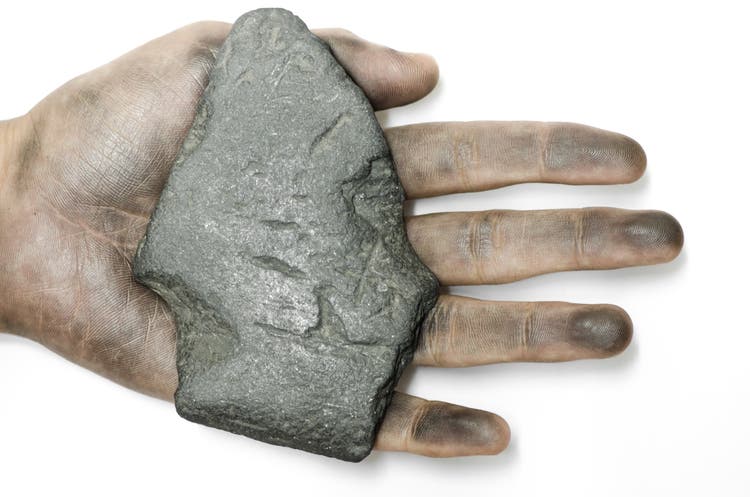When Jamie Dimon bought his first stock as a teenager, he could scarcely have imagined that, half a century later, his core investment lesson—don’t blow up—would underpin the risk culture of the world’s most powerful bank. Dimon, now the longtime CEO of JPMorgan Chase, discussed this formative lesson and its profound impact on his management style during a recent appearance on the “Acquired” podcast, taped live at New York’s Radio City Music Hall.
Early lessons from Wall Street’s roller coaster
Dimon’s introduction to the world of markets was guided by his father, a stockbroker. At just age 14 in 1972, Dimon purchased his first stock, only to watch the market nosedive by 45% within two years. “All the limousines on Wall Street were gone. Restaurants were being closed. Markets move, violently,” Dimon told the podcast audience, recounting the searing early lesson that shaped his vigilant approach to risk that would last for decades.
The lesson was simple, but unforgiving: markets can, and will, get ugly. Over the next decades, Dimon would witness—and survive—a parade of financial crises: the recession of 1982, the 1987 Black Monday crash, early-1990s real estate busts that nearly toppled major banks, the fallout of the dot-com bubble, and, most notably, the 2008 global financial crisis.
‘Don’t blow up’: the essential rule
If there is a Dimon mantra, it is don’t blow up, by which he means you should try to be cautious when everyone else is excited about something. They are going to explode eventually from their excitement, he explained, and it’s your job to work to prevent that.
“There’s always this ecosystem—everyone’s doing it, everyone’s okay, this time is different. History teaches you a lot,” Dimon said. He insists that his team stress test for “the fat tails”—the catastrophic events most believe will never occur. Whenever he hears someone argue that a market event is too rare to matter, he said he points to past crashes and insists that it can and will happen, even often.
This philosophy is not just words—Dimon operationalized it at JPMorgan Chase as the “fortress balance sheet” strategy. He demands high liquidity, conservative capital levels, and robust reserves long before regulatory minimums require them. Dimon even jokes that he’s “as conservative an accountant as you can find”—eschewing upfront profits for sustainable margins, deliberately structuring incentives to avoid dangerous risk-taking, and constantly reviewing compensation plans for unintended consequences.
“Leverage kills you. Aggressive accounting can kill you,” Dimon said. His approach prioritizes long-term survival over short-term profit maximization, even when it means JPMorgan’s results lag riskier competitors in boom years. That’s a trade-off he accepts gladly: “You might do worse than others in the good times, but you’re still there when the dust clears.”
No apologies for playing defense
Crucially, this risk aversion has not limited Dimon’s ambition—JPMorgan Chase is the only major Wall Street bank to emerge from every crisis since 2008 relatively unscathed, consistently dominating global banking while others faltered. Dimon attributes this not to luck but to relentless preparation and a refusal to succumb to herd mentality or dangerous optimism.
Dimon’s philosophy was forged in his adolescence, shaped by his father’s old-school lessons, and battle-tested in every calamity since. In a world that prizes bold bets and outsized returns, his advice echoes as a warning—and a model for enduring success: “Don’t blow up.”
JPMorgan declined to comment beyond Dimon’s remarks on the podcast.
For this story, Fortune used generative AI to help with an initial draft. An editor verified the accuracy of the information before publishing.
This story was originally featured on Fortune.com

 4 hours ago
1
4 hours ago
1













 English (US) ·
English (US) ·